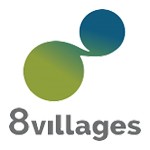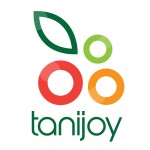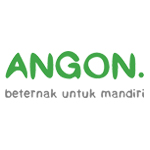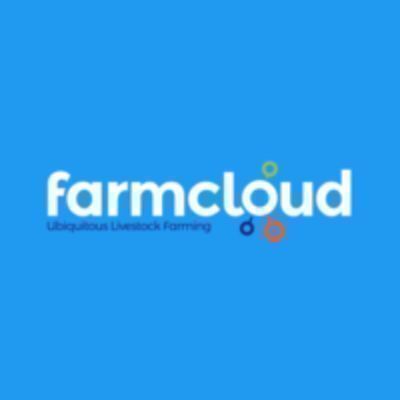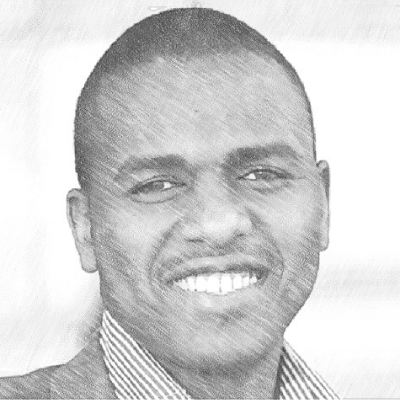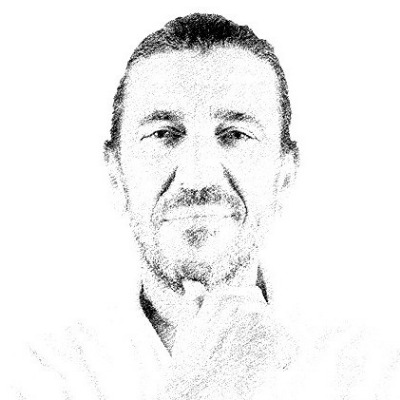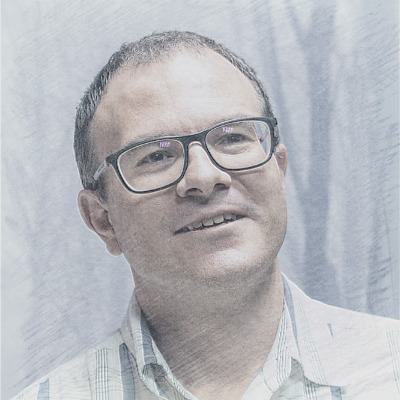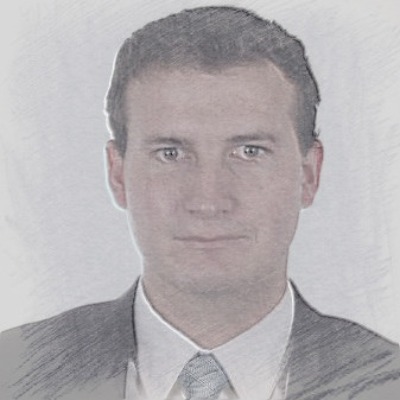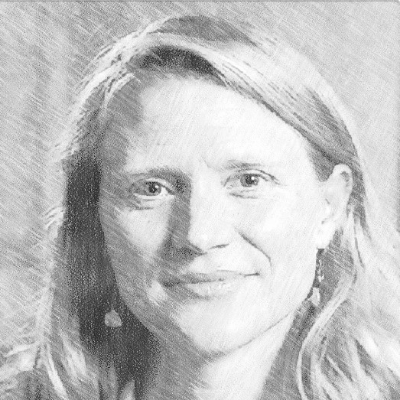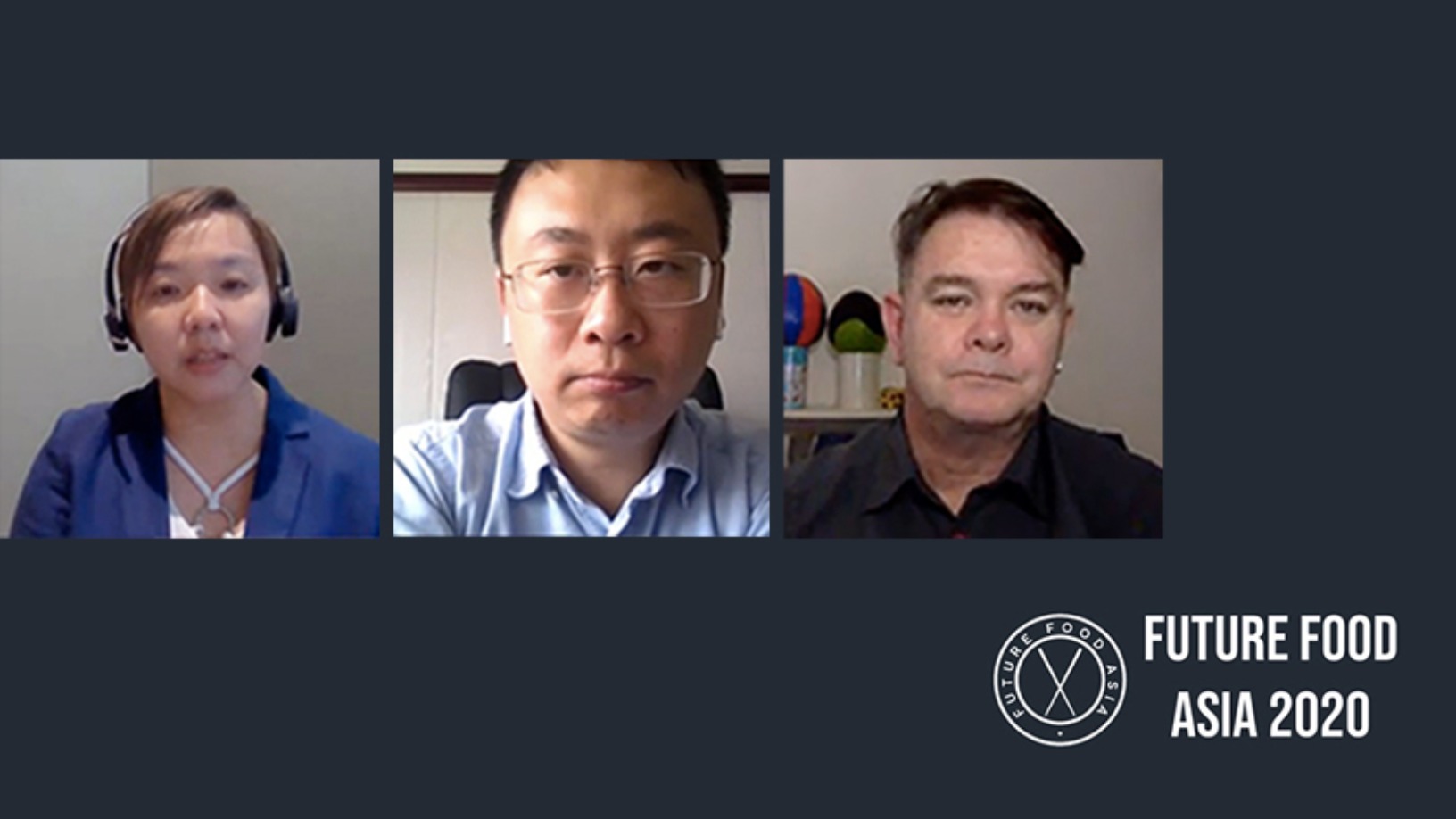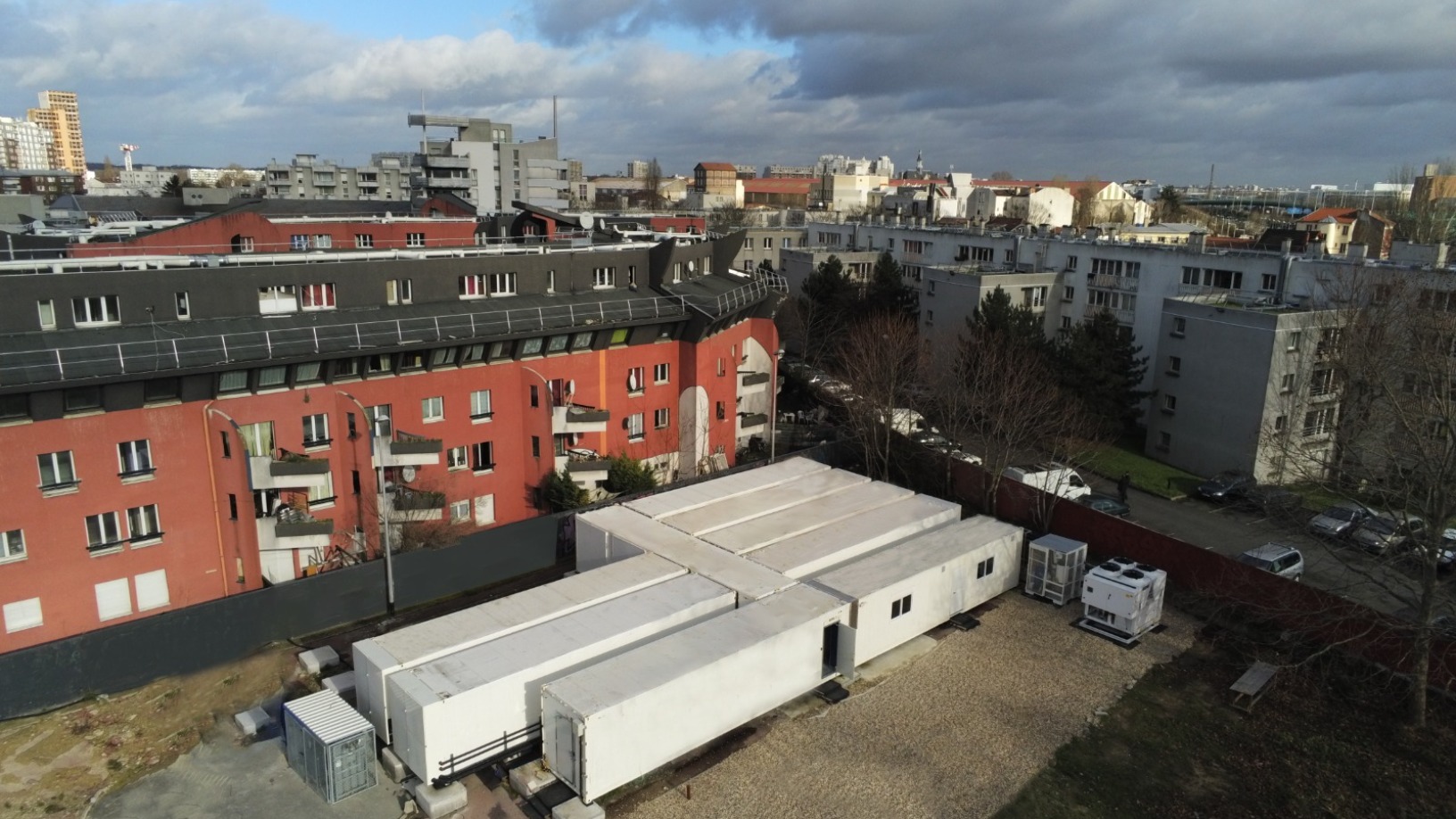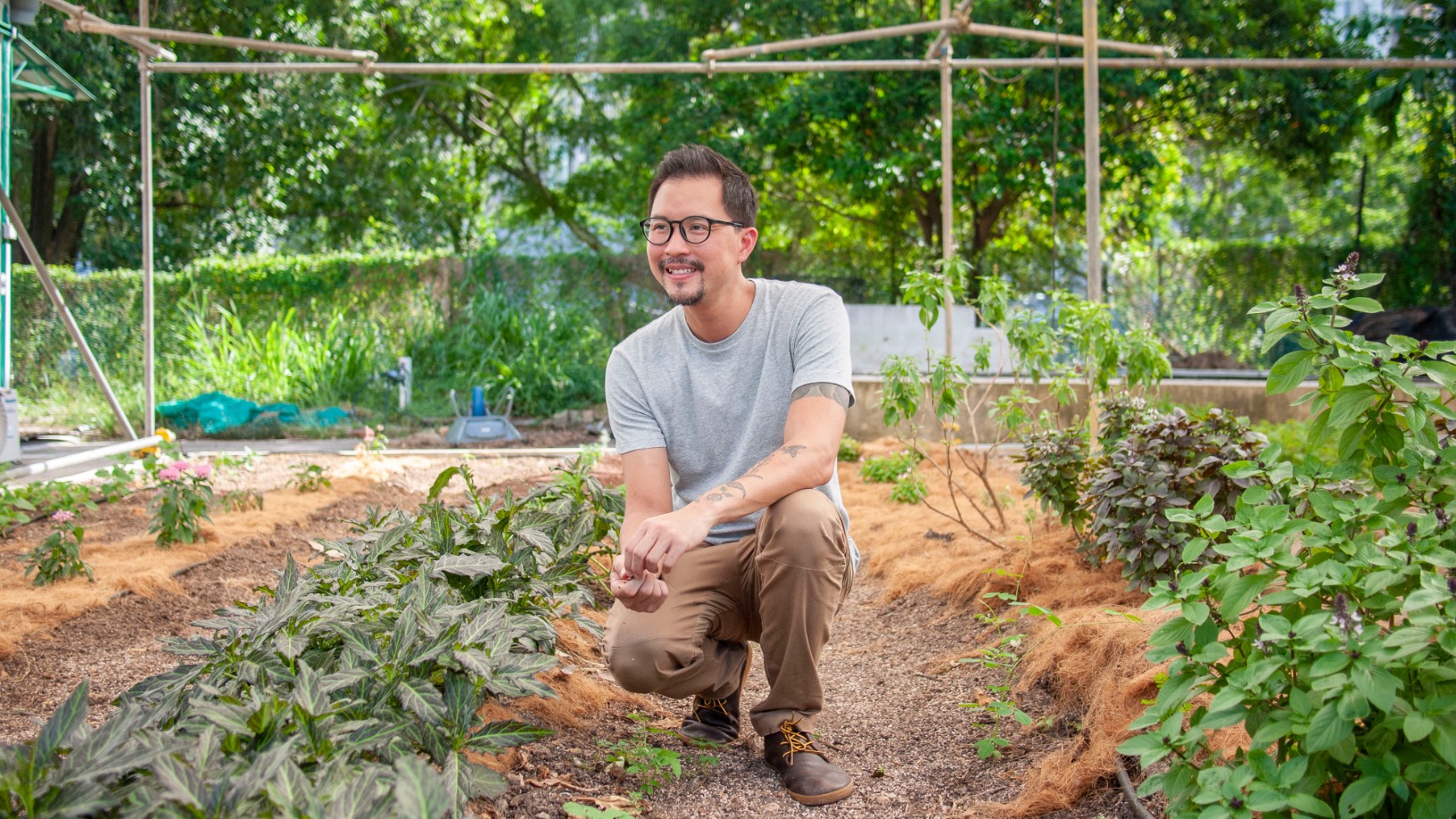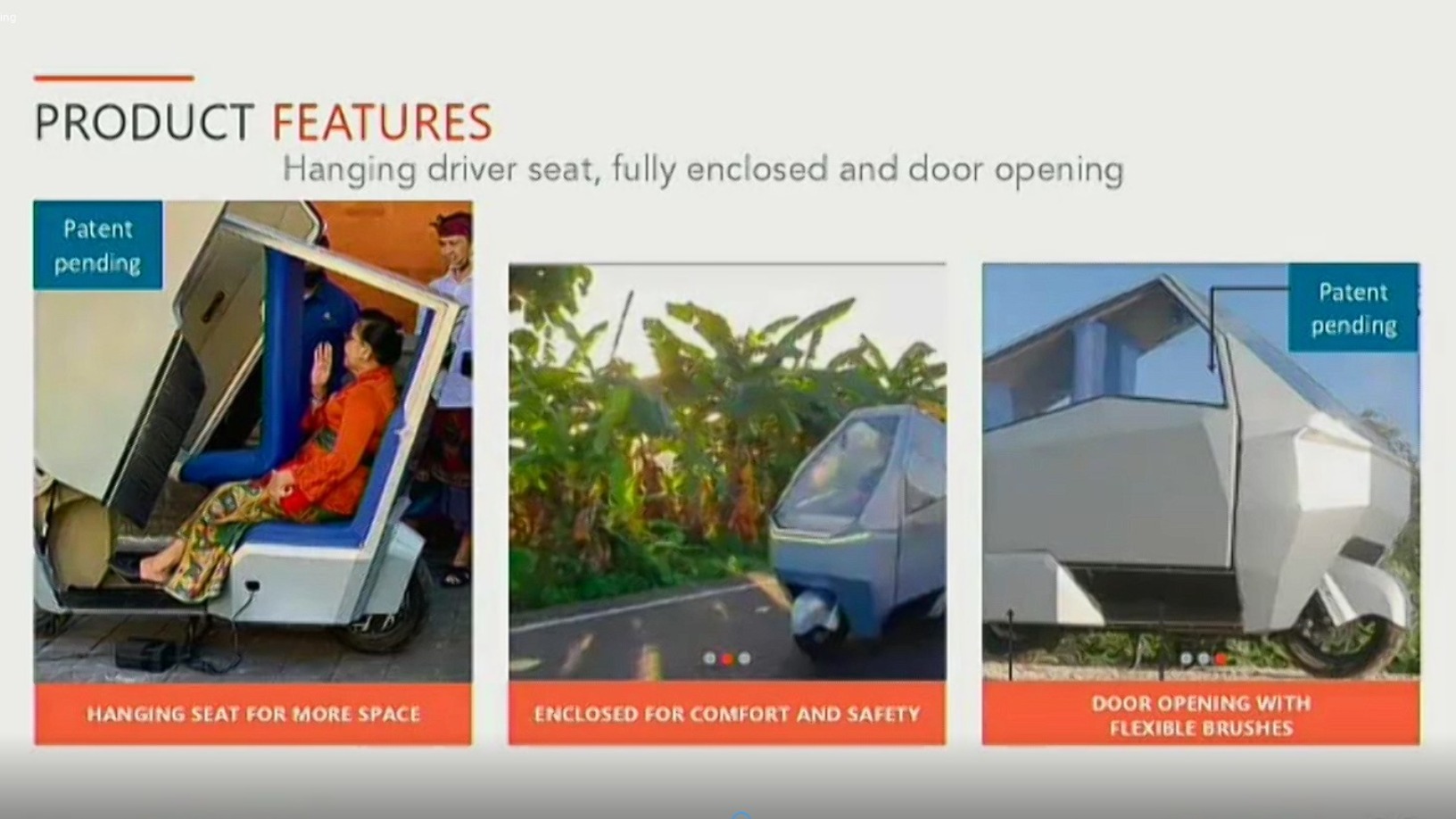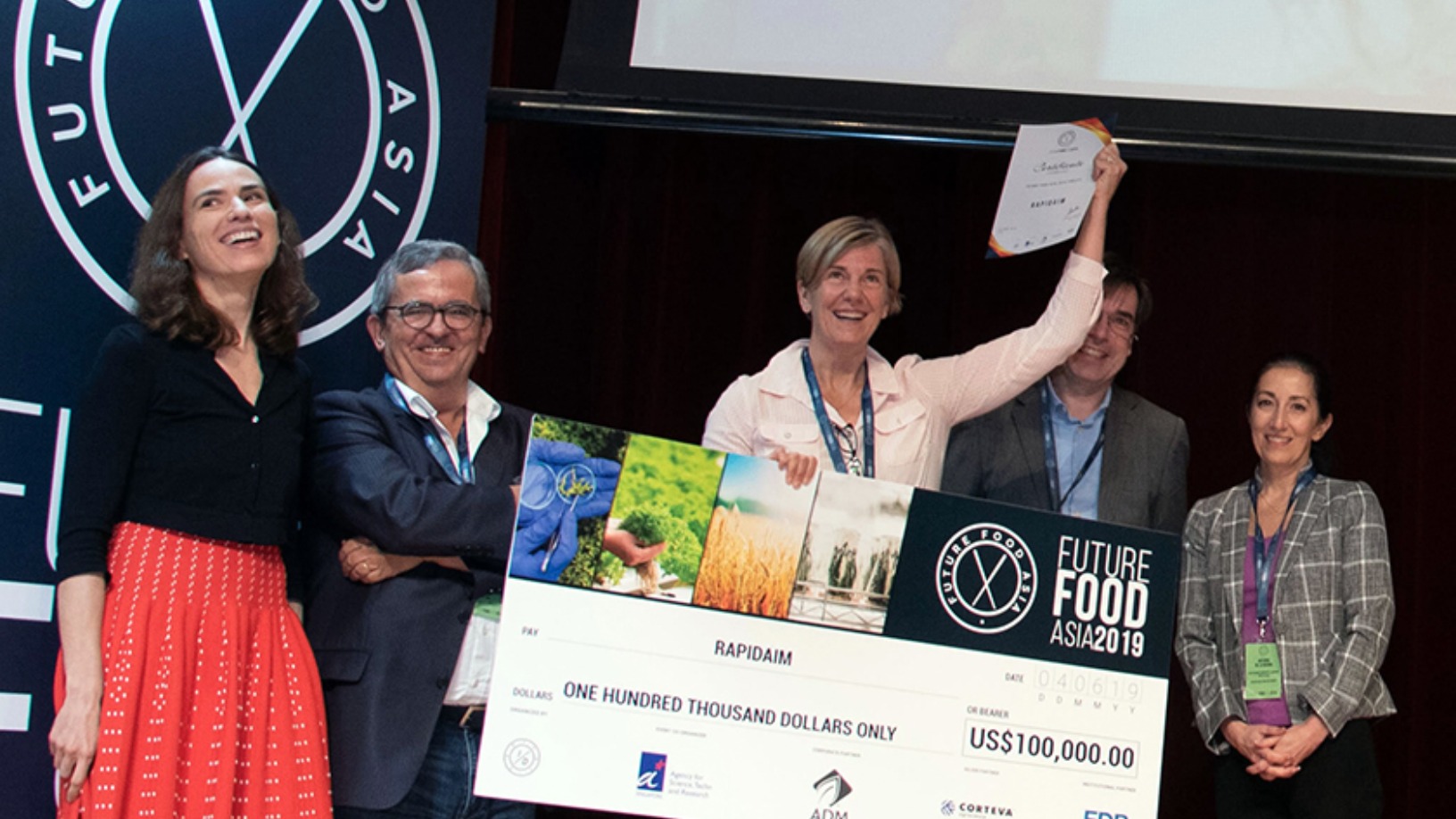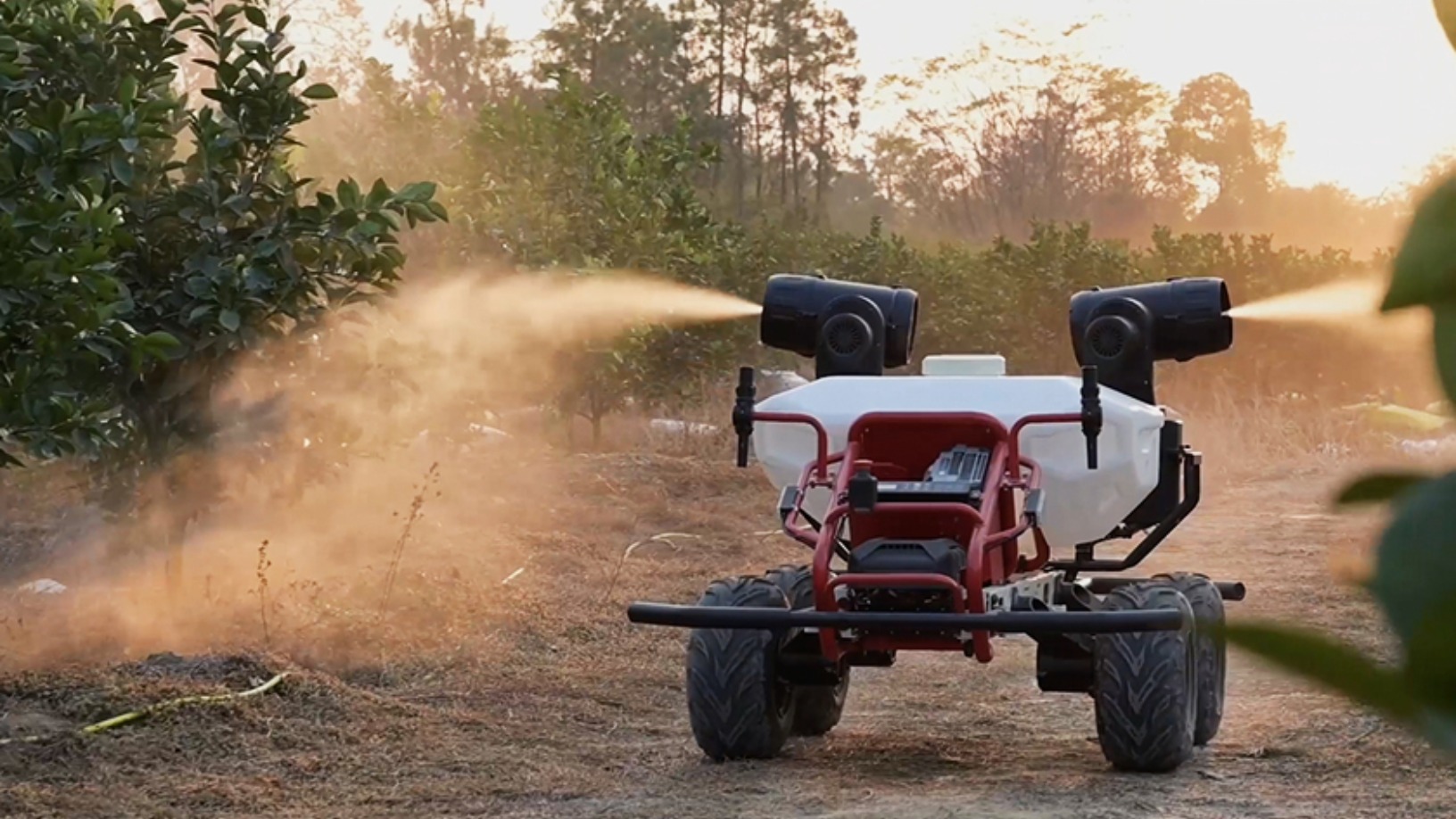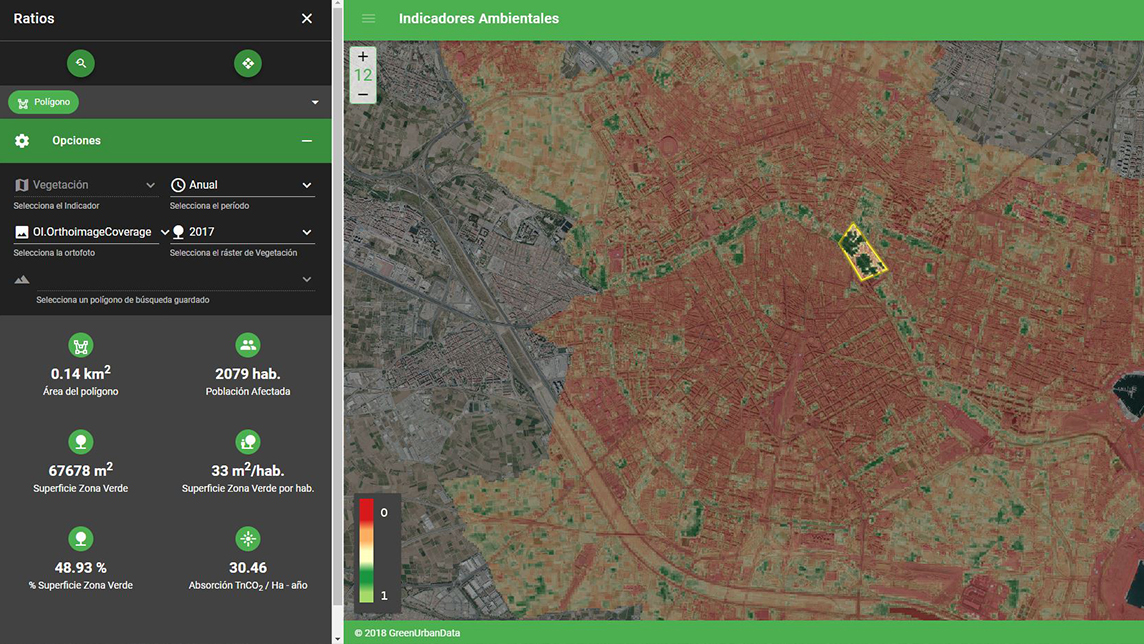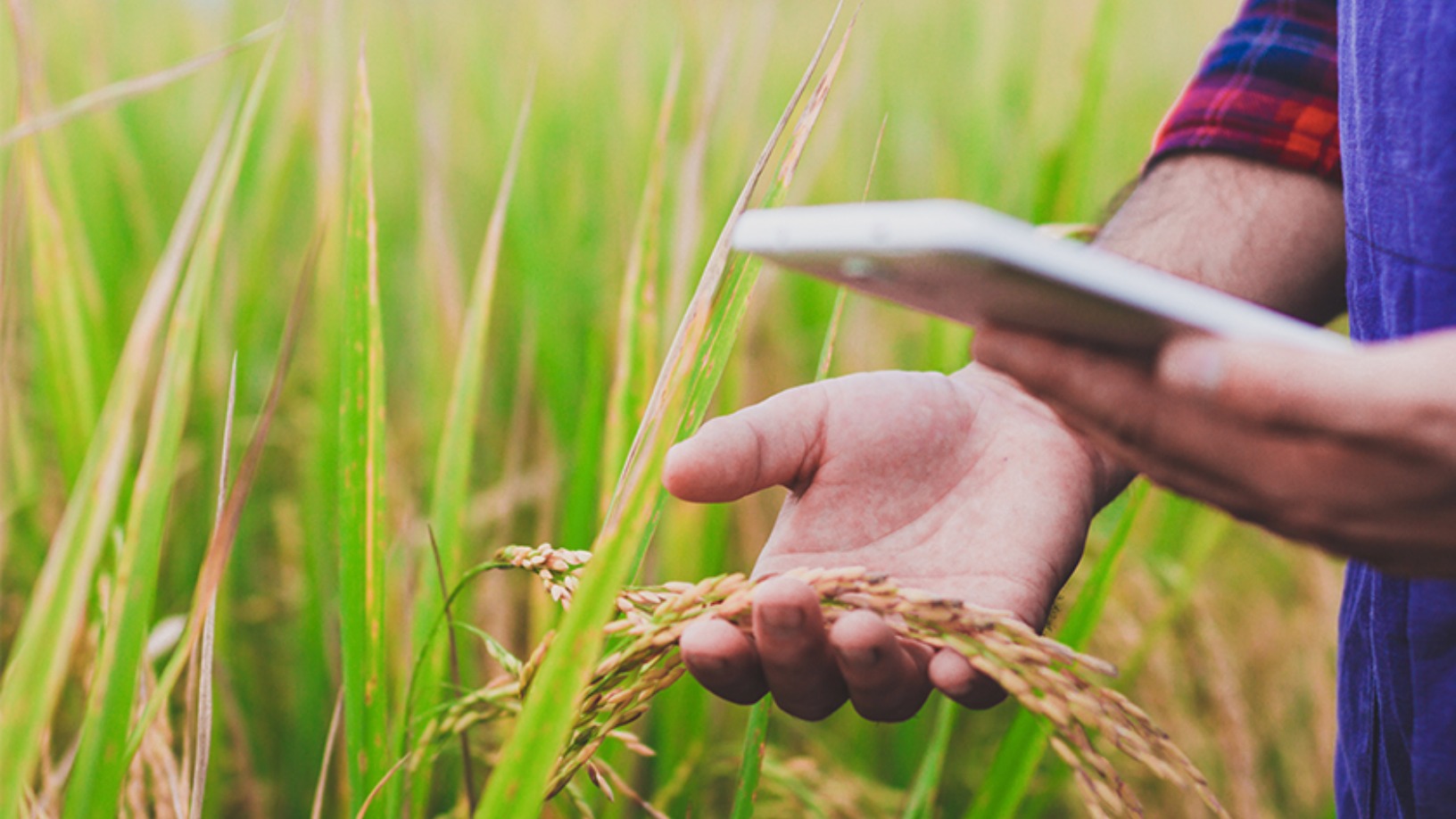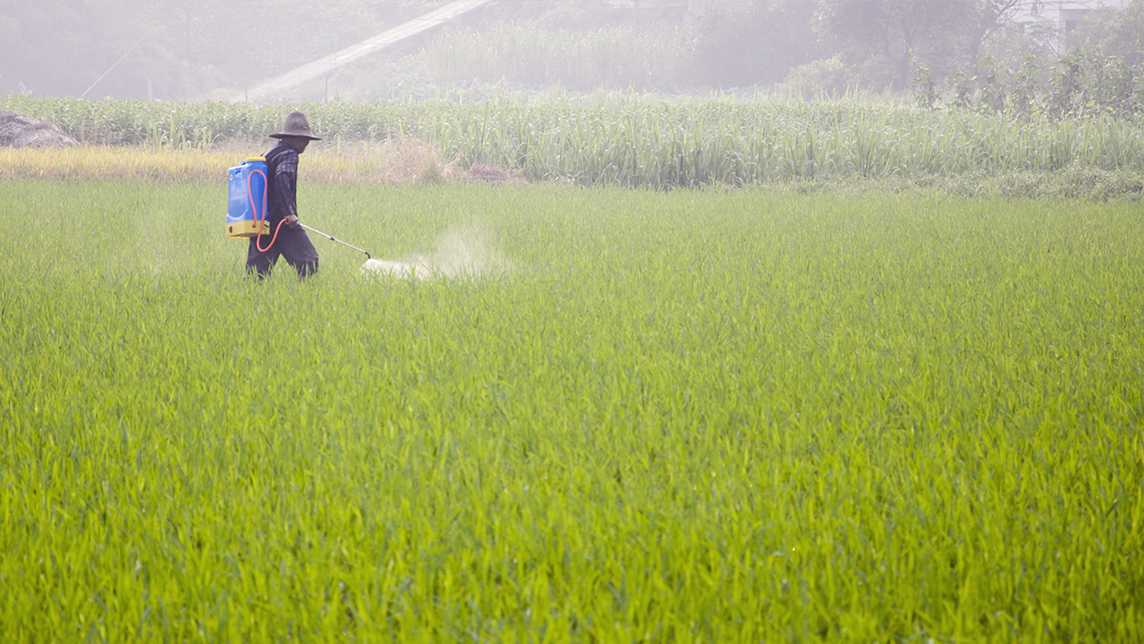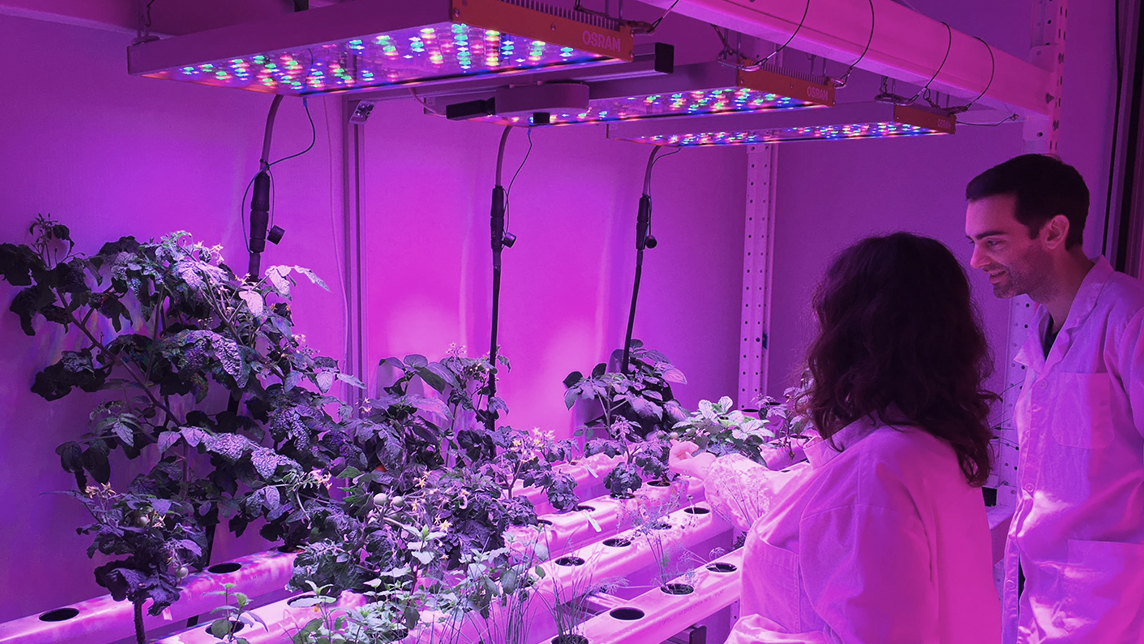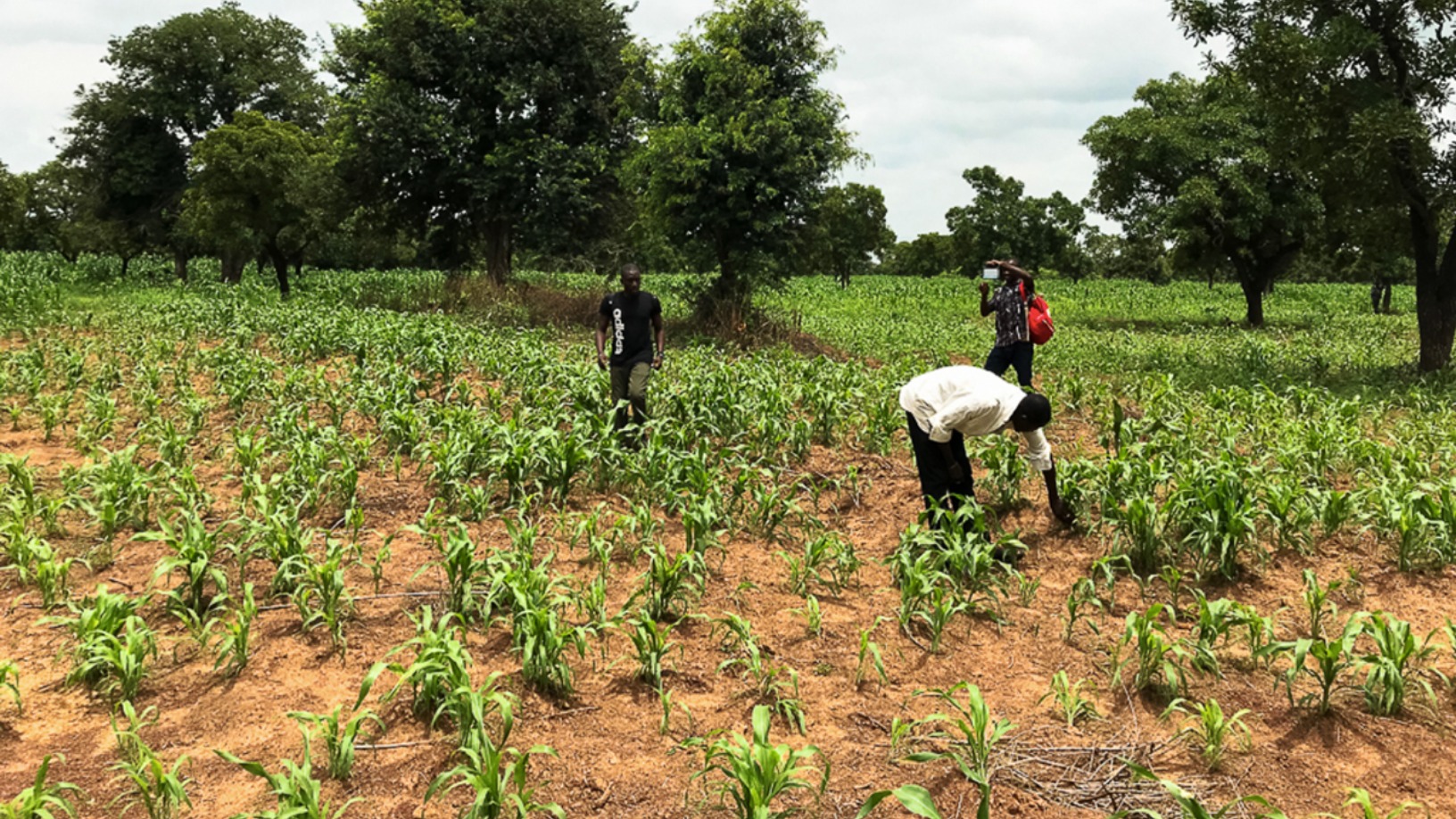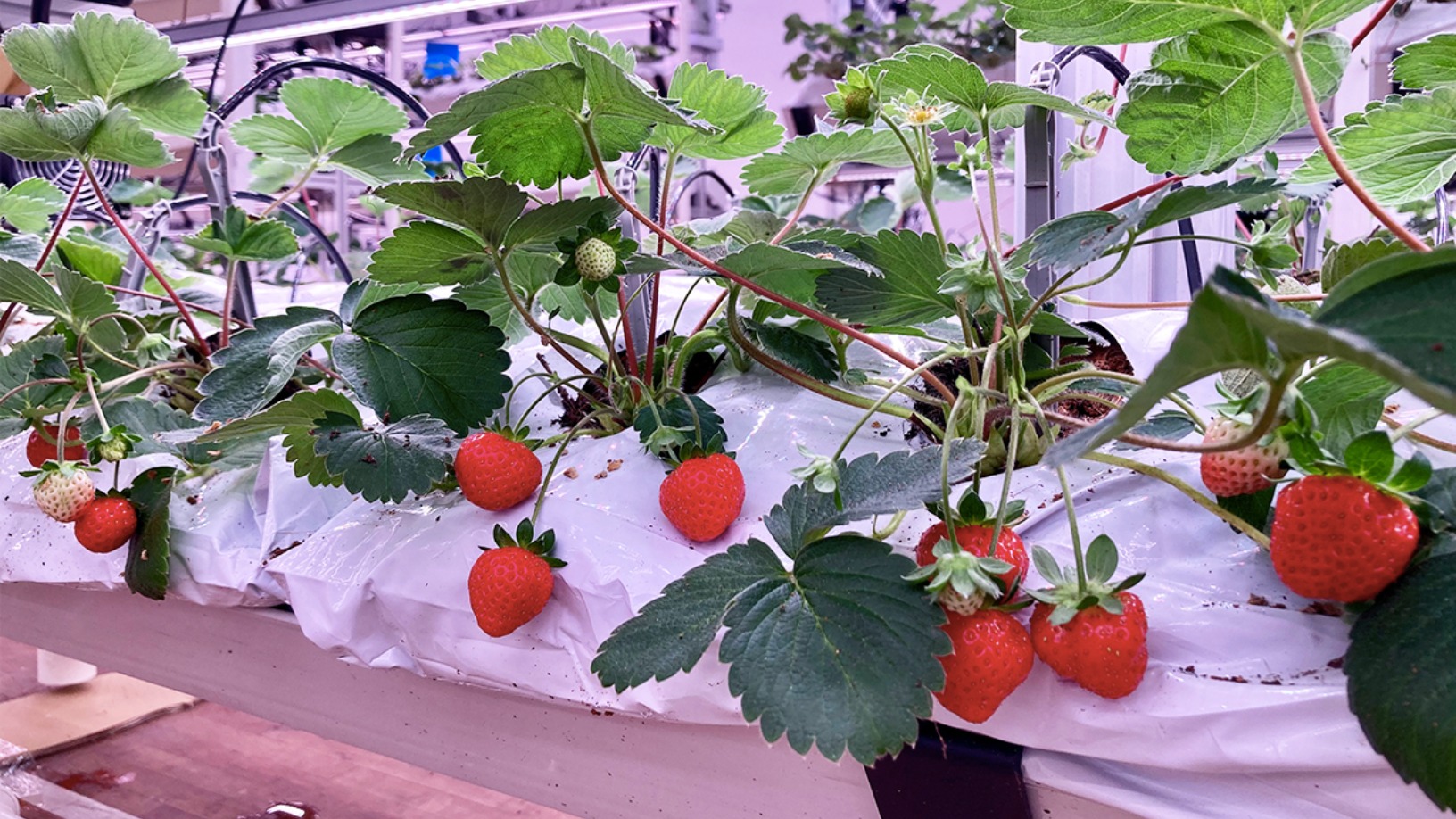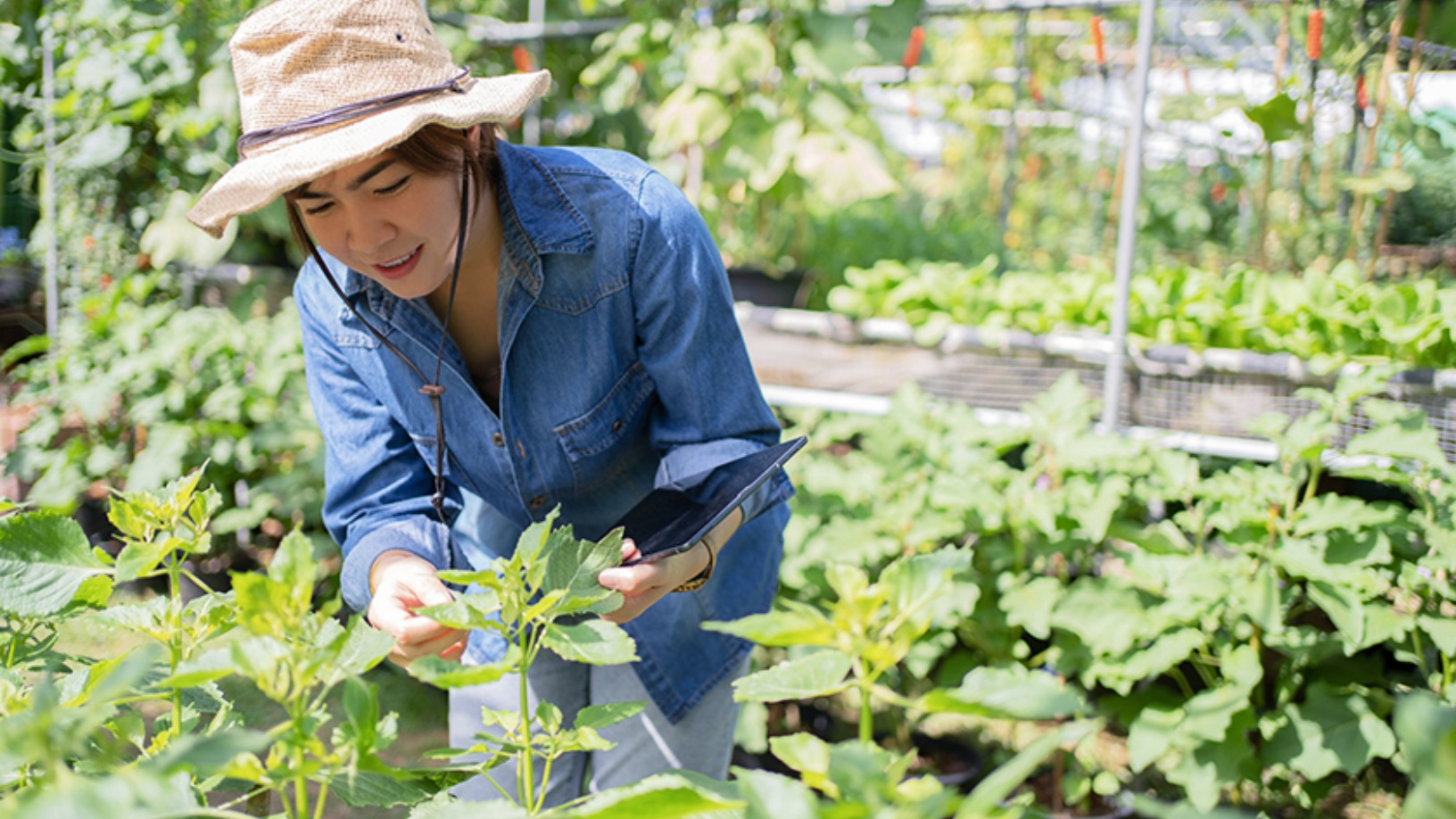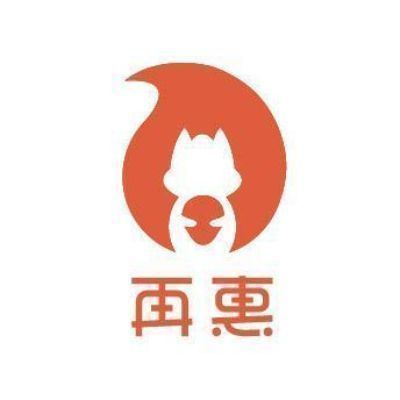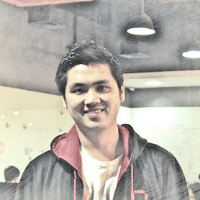urban farming
DATABASE (60)
ARTICLES (152)
Agritech platform 8villages helps farmers to become business-savvy and reap more profit by connecting directly to suppliers, customers and public stakeholders.
Agritech platform 8villages helps farmers to become business-savvy and reap more profit by connecting directly to suppliers, customers and public stakeholders.
Co-founder and Head of Communication and Design of CoolFarm
João Igor graduated with a degree in Communication, Design and Media Studies from the School of Education of Coimbra (ESEC) in 2008. The digital marketer worked for four years at Imagemplus until 2012, when he co-founded mobile software development firm CoolApps, together with CoolFarm co-founders Liliana Marques and Eduardo Esteves. In July 2014, he co-founded indoor farming agtech CoolFarm and worked as marketing and communications manager until June 2018. He was communications manager at relocation startup Moviinn for one year until 2015. Currently based in Lisbon, he now a marketing communications specialist with London's HR recruitment firm Transformify.
João Igor graduated with a degree in Communication, Design and Media Studies from the School of Education of Coimbra (ESEC) in 2008. The digital marketer worked for four years at Imagemplus until 2012, when he co-founded mobile software development firm CoolApps, together with CoolFarm co-founders Liliana Marques and Eduardo Esteves. In July 2014, he co-founded indoor farming agtech CoolFarm and worked as marketing and communications manager until June 2018. He was communications manager at relocation startup Moviinn for one year until 2015. Currently based in Lisbon, he now a marketing communications specialist with London's HR recruitment firm Transformify.
Indonesian agritech pioneer Crowde has battled competition to stay ahead by pivoting from crowdfunding farming projects to channeling institutional lenders’ funds into agricultural loans.
Indonesian agritech pioneer Crowde has battled competition to stay ahead by pivoting from crowdfunding farming projects to channeling institutional lenders’ funds into agricultural loans.
BayWa Venture GmbH is a subsidiary company of BayWa AG, the German agriculture, energy and construction conglomerate.Putting digitalization at the core of its agriculture strategy, the company is looking to expand its core business into digital services within the existing businesses. It is investigating new digital business models and stand-alone concepts through collaboration with emerging startups focusing on cutting-edge technologies in the agrifood tech space.BayWa started to invest in startups in 2012 mainly focused on online customer management, services and sales platforms. In 2015, the company purchased Farm Facts, a German farm management SaaS and in 2017 invested in Abundant Robotics, a US-based automated harvest company. One of the firms’ most recent investments has been Evja, an Italian startup developing precision farming hardware based on advanced agronomic models and machine learning technology.
BayWa Venture GmbH is a subsidiary company of BayWa AG, the German agriculture, energy and construction conglomerate.Putting digitalization at the core of its agriculture strategy, the company is looking to expand its core business into digital services within the existing businesses. It is investigating new digital business models and stand-alone concepts through collaboration with emerging startups focusing on cutting-edge technologies in the agrifood tech space.BayWa started to invest in startups in 2012 mainly focused on online customer management, services and sales platforms. In 2015, the company purchased Farm Facts, a German farm management SaaS and in 2017 invested in Abundant Robotics, a US-based automated harvest company. One of the firms’ most recent investments has been Evja, an Italian startup developing precision farming hardware based on advanced agronomic models and machine learning technology.
Tapping into Indonesia’s US$24 billion crowdfunding pool, iGrow’s agribusiness platform aims to help poor farmers to transform underused arable land into sustainable profit-sharing organic micro-farms.
Tapping into Indonesia’s US$24 billion crowdfunding pool, iGrow’s agribusiness platform aims to help poor farmers to transform underused arable land into sustainable profit-sharing organic micro-farms.
Tanijoy empowers farmers by connecting them to land, financial resources and markets, thereby improving their livelihoods while boosting local food production.
Tanijoy empowers farmers by connecting them to land, financial resources and markets, thereby improving their livelihoods while boosting local food production.
FarmCloud aims to enhance the productivity of pig and poultry producers, helping them gain visibility and control over decentralized farming facilities.
FarmCloud aims to enhance the productivity of pig and poultry producers, helping them gain visibility and control over decentralized farming facilities.
Co-CEO and co-founder of Pula
Kenyan-born Thomas Njeru co-founded insurtech Pula in 2015 and became its co-CEO in June 2017. Providing insurance to smallholder farmers was a key objective for Njeru, who grew up in a small farming community.After his education at Mangu High School, Njeru went on to graduate in actuarial science at the University of Nairobi in 2009. He became a fellow of the Institute of Actuaries in December 2011. He also completed a CFA financial analysis qualification in 2015 and MBA from Strathmore Business School in 2018.He worked at UAP Insurance for almost four years before joining Deloitte in South Africa in 2012 as a consulting actuary. In 2014, he was promoted to become director of actuarial and insurance advisory. He left in 2018 to focus on his work at Pula as co-CEO.
Kenyan-born Thomas Njeru co-founded insurtech Pula in 2015 and became its co-CEO in June 2017. Providing insurance to smallholder farmers was a key objective for Njeru, who grew up in a small farming community.After his education at Mangu High School, Njeru went on to graduate in actuarial science at the University of Nairobi in 2009. He became a fellow of the Institute of Actuaries in December 2011. He also completed a CFA financial analysis qualification in 2015 and MBA from Strathmore Business School in 2018.He worked at UAP Insurance for almost four years before joining Deloitte in South Africa in 2012 as a consulting actuary. In 2014, he was promoted to become director of actuarial and insurance advisory. He left in 2018 to focus on his work at Pula as co-CEO.
CEO and co-founder of Scoobic Urban Mobility
Jose María Gómez Marquez started his business career as CEO at Roder Spain from 1986–1994, manufacturing materials used in Expo 1992 in Seville. From 1998–2005, Gómez worked in business development for Climocubierta indoor swimming pool materials company in Seville. Since 1998, Gómez has also been running F1/MotoGP equipment supply company AMG Services as CEO and founder.He completed a master’s in business management in 2006 at San Telmo International Institute in Seville and became the managing partner of Seville-based engineering design company Arquingenia.In 2015, he co-founded Spanish mobility startup Scoobic Urban Mobility and became the CEO of the country’s first three-wheeled EV last-mile delivery logistics provider. He is also CEO of Passion Motorbike Factory.Between 2011 and 2015, Gómez was a director at Morocco-based EURoma Network, a transnational EU organization contributing to the promotion of social inclusion, equal opportunities and the fight against discrimination of the Roma community.
Jose María Gómez Marquez started his business career as CEO at Roder Spain from 1986–1994, manufacturing materials used in Expo 1992 in Seville. From 1998–2005, Gómez worked in business development for Climocubierta indoor swimming pool materials company in Seville. Since 1998, Gómez has also been running F1/MotoGP equipment supply company AMG Services as CEO and founder.He completed a master’s in business management in 2006 at San Telmo International Institute in Seville and became the managing partner of Seville-based engineering design company Arquingenia.In 2015, he co-founded Spanish mobility startup Scoobic Urban Mobility and became the CEO of the country’s first three-wheeled EV last-mile delivery logistics provider. He is also CEO of Passion Motorbike Factory.Between 2011 and 2015, Gómez was a director at Morocco-based EURoma Network, a transnational EU organization contributing to the promotion of social inclusion, equal opportunities and the fight against discrimination of the Roma community.
CEO and co-founder of Digitanimal by SensoWave
Carlos Callejero is co-founder and CEO at Spanish IoT and data startup SensoWave, as well as its brand Digitanimal, aimed at remote farming, where he has worked full-time since 2014. Prior to this, Callejero established one of Spain's first sensor tech companies, co-founding Alfa Imaging in 2006 and working there as Technical Manager until its closure in 2014. The company produced body scanners updated periscopes for Spanish submarines and autonomous sensors to protect borders and infrastructure, leading to Callejero becoming one of Spain's IoT pioneers. Callejero holds a first degree in physics from the University of Zaragoza, an MSc in Applied Modern Optics from Reading University (UK) and a PhD in Millimeter Waves from the same institution. These latter studies led to his work with sensors with Spain's Army Research Laboratory upon his return to Spain. He also briefly worked at telecom company Telefonica as an optical engineer.
Carlos Callejero is co-founder and CEO at Spanish IoT and data startup SensoWave, as well as its brand Digitanimal, aimed at remote farming, where he has worked full-time since 2014. Prior to this, Callejero established one of Spain's first sensor tech companies, co-founding Alfa Imaging in 2006 and working there as Technical Manager until its closure in 2014. The company produced body scanners updated periscopes for Spanish submarines and autonomous sensors to protect borders and infrastructure, leading to Callejero becoming one of Spain's IoT pioneers. Callejero holds a first degree in physics from the University of Zaragoza, an MSc in Applied Modern Optics from Reading University (UK) and a PhD in Millimeter Waves from the same institution. These latter studies led to his work with sensors with Spain's Army Research Laboratory upon his return to Spain. He also briefly worked at telecom company Telefonica as an optical engineer.
Aimed at new generation farmers, Tiantian Xuenong is the first company in China to bring the pay-for-knowledge model to the agriculture industry.
Aimed at new generation farmers, Tiantian Xuenong is the first company in China to bring the pay-for-knowledge model to the agriculture industry.
Commercial Director and co-founder of Digitanimal by SensoWave
An industrial engineer by training, Rubén Blanco Carrera comes from a family of ranchers in Cabañas, 18 km from Ávila, Spain. Currently he is Commercial Director and co-founder of IoT startup SensoWave, as well as its brand Digitanimal, aimed at remote farming. The business idea of Digitanimal partly came about because of Blanco’s personal experience with his own livestock. Using IoT remote tracking, detecting heat and parturition through the use of sensors , which are analyzed to reflect the behavior of the cattle and notify alert ranchers to the anomalies detected, he was able to save a mother and calf from a difficult delivery. In another incident, the technology helped alert him to the attack of wolves. Blanco holds both a first degree and a master's degree from Madrid's Alfonso X El Sabio University, the former in Technical Engineering in Industrial and Product Design and the latter in Industrial Engineering and Industrial Electronics. He then worked as an industrial engineer at both private company Retailgas and at Alfa Imaging, the startup co-founded by Carlos Callejero, with whom Blanco later co-founded SensoWave.
An industrial engineer by training, Rubén Blanco Carrera comes from a family of ranchers in Cabañas, 18 km from Ávila, Spain. Currently he is Commercial Director and co-founder of IoT startup SensoWave, as well as its brand Digitanimal, aimed at remote farming. The business idea of Digitanimal partly came about because of Blanco’s personal experience with his own livestock. Using IoT remote tracking, detecting heat and parturition through the use of sensors , which are analyzed to reflect the behavior of the cattle and notify alert ranchers to the anomalies detected, he was able to save a mother and calf from a difficult delivery. In another incident, the technology helped alert him to the attack of wolves. Blanco holds both a first degree and a master's degree from Madrid's Alfonso X El Sabio University, the former in Technical Engineering in Industrial and Product Design and the latter in Industrial Engineering and Industrial Electronics. He then worked as an industrial engineer at both private company Retailgas and at Alfa Imaging, the startup co-founded by Carlos Callejero, with whom Blanco later co-founded SensoWave.
Co-CEO and co-founder of Pula
Dutch-born Rosa Goslinga has spent most of her career working in Africa and speaks five languages, including Swahili. She graduated in business, economics and international development at the University of Amsterdam in 2004. She also completed a master’s in political economy of development at the School for Oriental and African Studies (SOAS) in London in 2005.In 2006, she worked as an economist at the Ministry of Agriculture and Animal Resources in Rwanda where she realized there was an urgent need for small-scale farming insurance to protect the local farmers’ livelihoods against natural hazards.In 2008, she joined Syngenta Foundation for Sustainable Agriculture (SFSA) in Kenya, where she initiated a pilot Kilimo Salama in Nairobi as program director. The program was a success, starting with 185 farmers taking up index insurance and growing to be the largest in Africa with over 185,000 participants. Goslinga also met and started working with Thomas Njeru, the lead actuary for UAP Insurance for the Kilimo project.In 2013, with investors backing her project, she developed and patented a system and method for providing a site-related weather insurance contract. She left SFSA in 2014 and went on to set up Kenya’s pioneering insurtech Pula with Njeru as co-founder in 2015.Both are now co-CEOs of the Nairobi-based startup, education and helping over 4m small-scale farmers to protect their livelihoods from environmental hazards with tailor-made micro-finance and insurance products.
Dutch-born Rosa Goslinga has spent most of her career working in Africa and speaks five languages, including Swahili. She graduated in business, economics and international development at the University of Amsterdam in 2004. She also completed a master’s in political economy of development at the School for Oriental and African Studies (SOAS) in London in 2005.In 2006, she worked as an economist at the Ministry of Agriculture and Animal Resources in Rwanda where she realized there was an urgent need for small-scale farming insurance to protect the local farmers’ livelihoods against natural hazards.In 2008, she joined Syngenta Foundation for Sustainable Agriculture (SFSA) in Kenya, where she initiated a pilot Kilimo Salama in Nairobi as program director. The program was a success, starting with 185 farmers taking up index insurance and growing to be the largest in Africa with over 185,000 participants. Goslinga also met and started working with Thomas Njeru, the lead actuary for UAP Insurance for the Kilimo project.In 2013, with investors backing her project, she developed and patented a system and method for providing a site-related weather insurance contract. She left SFSA in 2014 and went on to set up Kenya’s pioneering insurtech Pula with Njeru as co-founder in 2015.Both are now co-CEOs of the Nairobi-based startup, education and helping over 4m small-scale farmers to protect their livelihoods from environmental hazards with tailor-made micro-finance and insurance products.
Neurafarm: Putting an AI plant doctor in farmers' hands
This startup is riding on Indonesia’s urban farming trend with its planting kit and an AI-powered app that identifies plant diseases from photos of unhealthy leaves
Future Food Asia: Temasek, Continental Grain on investing in agrifood in Singapore and China
The two heavyweight investors discuss opportunities, needs and how agrifood startups can scale in Asian markets
Agricool: Growing fresh strawberries in shipping containers
Paris-based Agricool grows fresh produce in urban aeroponics farms within shipping containers for sale at downtown supermarkets, aims to supply more large cities by 2030
Turning Singapore into an Edible Garden City
Urban agriculture startup Edible Garden City embraces new tech for intensive, space-saving farming while staying true to its community-driven values
HighPitch 2020: Hydroponics, EV startups PanenBali and Manouv represent Denpasar chapter
Renewable energy and sustainability focuses impress investors, who also caution startups about competitors from outside their region
Future Food Asia by ID Capital: Introducing Asia's agrifood startups to the world
More than a meeting of startups and investors, the conference showcases ID Capital’s investment thesis and Big Ag’s support for agrifood tech in the world’s most populous region
With recent funding of $182m, drone maker XAG is set to make its mark as agritech leader
XAG has been reaping the benefits of its 2012 pivot to agriculture as demand for high-tech automation in China’s farms continues to grow strongly amid government push
Green Urban Data: Empowering cities to mitigate climate change
The Valencia-based startup is the first to mitigate urban temperature increases and provide healthy travel route suggestions using AI and big data
Ento: Making cookies and burger patties from crickets
From whole-roasted crickets and granola bars to sausages and meatballs, Ento aims to tap the growing market for insect-based alternative proteins, targeting enthusiasts and early adopters
Yimutian: China agriculture e-commerce's comeback kid
As the world’s most populous country faces potential food supply shortages, Yimutian, China’s No. 1 agro trading marketplace, is seeing more opportunities
Tiantian Xuenong: China's first pay-for-knowledge agricultural platform
Capitalizing on a deep understanding of Chinese agriculture, this startup is building an online school where farmers can learn agricultural and business skills
CoolFarm: Why did Microsoft Portugal's Startup of the Year go bust?
The indoor-gardening tech startup went from winning awards to closing down with debts of close to €1m four years after its founding
AgroCenta: Providing market access and credit to African smallholder farmers
AgroCenta’s platforms empower Ghanaian subsistence farmers, especially women, boosting productivity and sales with e-payments, micro-credits and insurance, and direct connections to buyers, cutting out the intermediaries
Singrow to start selling Singapore-grown strawberries in March, plans $15m Series A this year
Singrow also plans to offer locally grown produce across Southeast Asia, starting with strawberries farmed in energy-efficient greenhouses
Thousands of Farmers: Creative subscription model to help farms sell seasonal produce
Just a few months old, Thousands of Farmers plans to add more entertaining features to its farm-to-table social commerce, attracting young consumers
Sorry, we couldn’t find any matches for“urban farming”.
